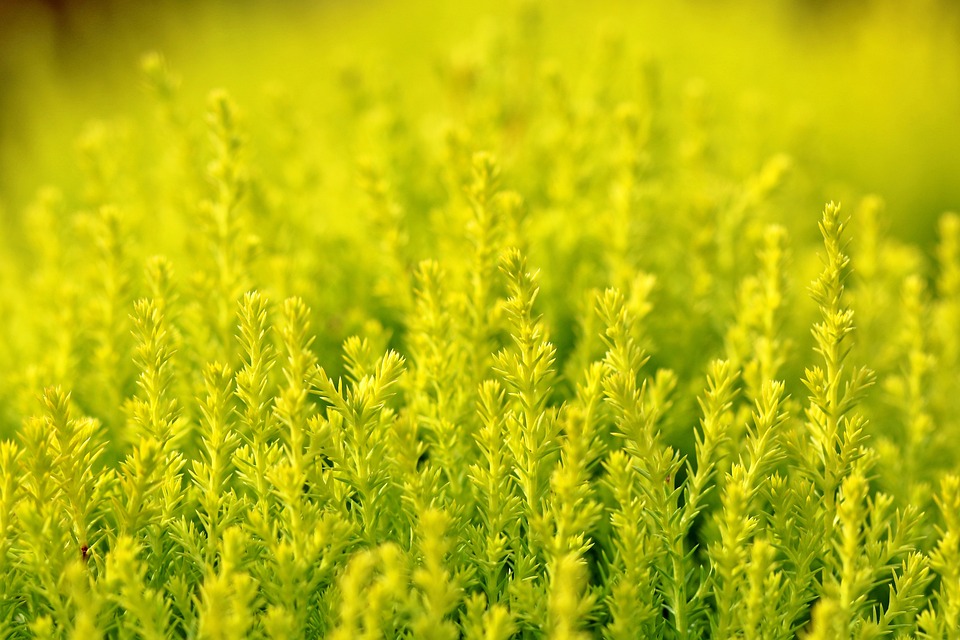Introduction
Becoming more eco-conscious is crucial in today’s world, and one great way to contribute is by creating a sustainable outdoor garden. By incorporating environmentally-friendly practices into your garden, you can reduce your carbon footprint, conserve resources, and support biodiversity. In this article, we will explore six sustainable outdoor garden ideas that will help you become an eco-conscious homeowner.
1. Rainwater Harvesting and Irrigation
One of the most effective ways to conserve water in your garden is by implementing rainwater harvesting systems. By collecting rainwater from rooftops or other structures, you can store it in barrels or tanks for later use. Use this collected water to irrigate your garden, reducing reliance on municipal water sources and saving money on your water bills.
2. Composting for Nutrient-Rich Soil
Instead of relying on synthetic fertilizers, create your own compost from kitchen scraps and yard waste. Composting not only reduces the amount of waste sent to landfills but also produces nutrient-rich soil for your garden. It enhances soil structure, improves water retention, and supports healthy plant growth. Start composting today by designating a compost bin or pile in your backyard.
3. Native Plants and Biodiversity
Planting native species in your garden promotes biodiversity and supports local ecosystems. Native plants are adapted to the local climate and require less water, fertilizer, and maintenance. They also provide habitats for local wildlife, including birds, butterflies, and bees. Research and select native plants that are suitable for your region, and create a beautiful and eco-friendly garden that thrives naturally.
4. Organic Pest Control
Avoid harmful chemicals and pesticides in your garden by adopting organic pest control methods. Encourage natural predators like ladybugs and lacewings to combat pest populations. Introduce companion plants that repel pests, such as marigolds for deterring aphids. Implementing integrated pest management techniques, such as crop rotation and manual removal, will help maintain a healthy balance in your garden ecosystem without harming the environment.
5. Eco-Friendly Garden Structures
Consider incorporating eco-friendly materials into your garden structures. Use reclaimed wood or sustainable alternatives like bamboo for raised beds, fences, and trellises. Utilize reclaimed materials such as old bricks or stones for pathways and patios. These choices not only reduce waste but also add unique character to your garden while minimizing the environmental impact.
6. Efficient Watering Systems
Install efficient watering systems, such as drip irrigation or soaker hoses, to deliver water directly to the plant roots. These systems minimize evaporation and water waste, ensuring your plants receive the right amount of water they need. Additionally, consider installing a rain sensor that will prevent the irrigation system from running during rainy periods, conserving even more water.
FAQs
Q1: How can rainwater harvesting benefit my garden?
Rainwater harvesting helps conserve water, reduces your use of municipal water, and saves you money on water bills. It also provides your plants with natural rainwater that is free of chemicals like chlorine, promoting healthier growth.
Q2: How long does it take to make compost?
The composting process typically takes anywhere from a few months to a year, depending on various factors such as the mix of materials, temperature, and moisture levels. Regularly turning the compost pile and ensuring proper aeration will speed up the process.
Q3: Are there any native plants suitable for small gardens?
Absolutely! Many native plant species are suitable for small gardens and even containers. Look for compact varieties that won’t overwhelm limited space and provide crucial resources for local pollinators.
Q4: Are organic pest control methods as effective as synthetic pesticides?
While organic pest control methods may require more effort and time, they can be just as effective as synthetic pesticides when applied correctly. They are also safer for the environment, beneficial insects, and human health.
Q5: How can I ensure efficient watering with drip irrigation?
To ensure efficient watering with drip irrigation, regularly monitor your system for any leaks or clogs. Adjust the flow rate and duration of watering based on the specific water needs of different plants. Regularly maintain and clean the drip emitters to ensure proper functioning.




